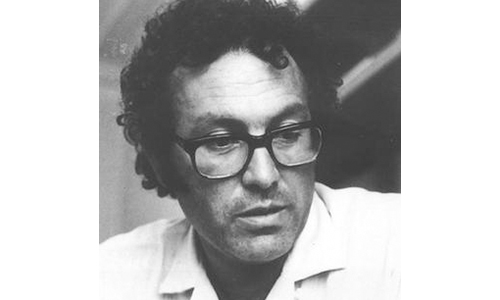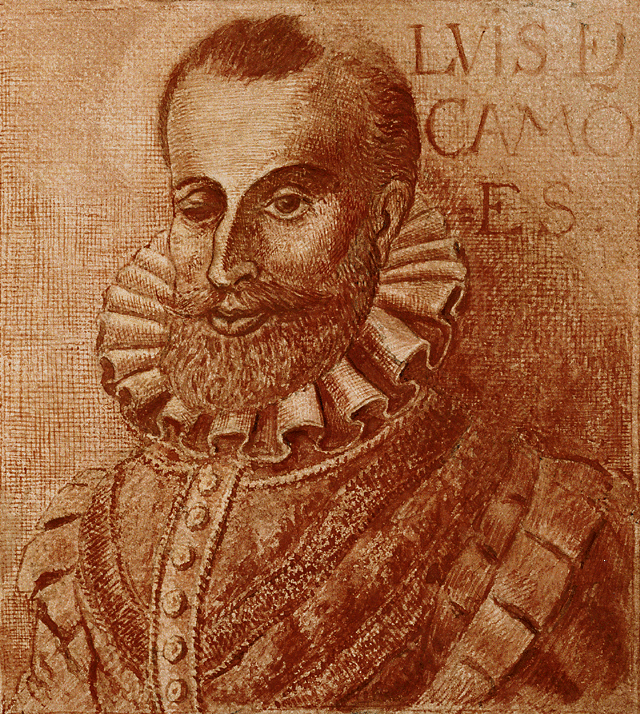Zeca Afonso, artistic name of José Manuel Cerqueira Afonso dos Santos, was a Portuguese singer, composer and poet, born on August 2, 1929 in Aveiro, Portugal.
He is one of the most iconic figures in Portuguese music, especially known for his role in the fight against the dictatorial regime of the Estado Novo and for his contribution to the Carnation Revolution on April 25, 1974. His song Grândola, Vila Morena became the symbol of the revolution, being one of the passwords used by the Armed Forces Movement (MFA) to launch the military coup that put an end to the dictatorship.
Zeca Afonso always showed an interest in music, but it was during his studies at the University of Coimbra that he began to stand out in the city’s student and bohemian circles, joining the Coimbra song movement. During the 1960s and early 1970s, he composed and recorded several songs that denounced social injustice and the repression of the Salazar regime, such as Os Vampiros and Venham Mais Cinco and because of his political activities, he was frequently persecuted and censored by authorities.
After the Carnation Revolution, he continued to compose and perform, although his health began to deteriorate due to amyotrophic lateral sclerosis (ALS), a disease that eventually led to his death in Setúbal, on February 23, 1987. At his funeral, more than 30,000 people took the streets to pay tribute to a figure who left a profound cultural and political legacy, being remembered not only as one of Portugal’s greatest musicians, but also as a symbol of resistance and freedom. His work continues to be celebrated and influential in Portuguese music, where his lyrics and music remain young, current and relevant.

A picture from his Wikipedia page


